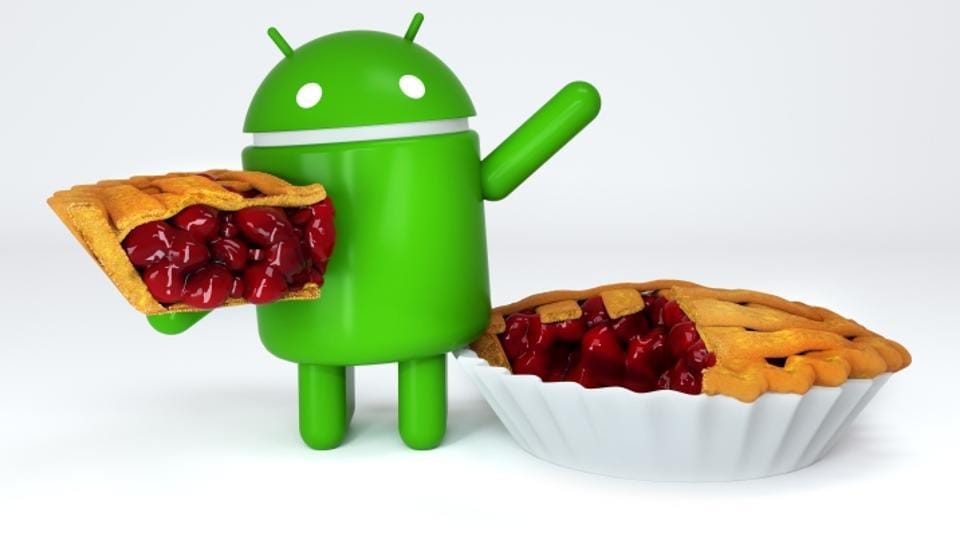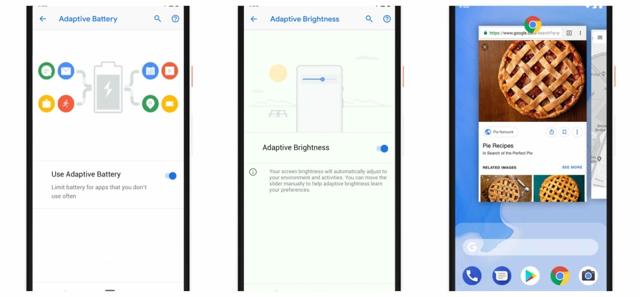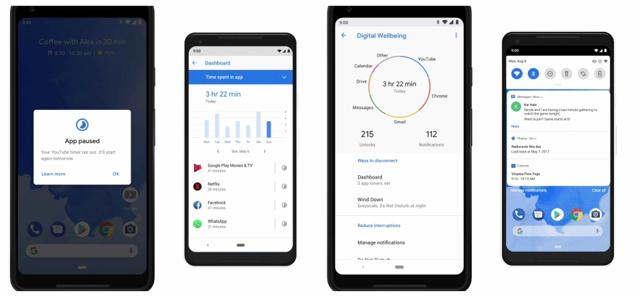Google Android Pie: Machine Learning to Digital Wellbeing, here are top features
Android P aka Android Pie is rolling out Google Pixel phones from today. Here are the top features of Google’s new iteration of its Android operating system.

Android Pie, Google's latest iteration of its mobile operating system, is finally here. Beta versions of the software had been available to select handset users for quite some time in the guise of Android P.
Android Pie version 9.0 succeeds the Android Oreo (v8.X), and the changes it brings along mainly focus on inserting smarter utility features in the native operating system instead of relying on third-party solutions.
Machine learning
With Artificial Intelligence (AI) and Machine Learning (ML) becoming hot buzzwords in the technology space, Google's Android Pie joins the bandwagon with features that are "built to learn from users".
For instance, Adaptive Brightness understands how a user likes the brightness settings of the phone and keeps it that way. The native solution solves the problem of manually adjusting brightness levels for different ambient light conditions.
Adaptive Battery is a similar technology as it understands which apps you use the most and optimises them accordingly. App Actions predicts which app you will use next, based on your usage.
"If it's Tuesday morning and you're preparing for your commute, you'll be presented with suggestions such as navigating to work on Google Maps or resuming an audiobook with Google Play Books. And when you put on headphones after work, you may see options to call your mom or launch your favourite Spotify playlist," Google explains.
New interface
Android Pie's new system navigation does away with the traditional three-touch button navigation system for a one-touch kind. The singular button seems highly inspired by Apple's iPhone X gesture features. For instance, you can swipe up the button to see recent applications. The thumbnails of recent applications now appear larger with a full-screen view. Smart Text Selection has also been improved and integrated within the "Overview" of recent applications.
One of the key interface changes include a revamped Quick Settings that focuses on giving prominence to more useful tools. Other improvements include a simplified process of taking and editing screenshots, better volume controls and notifications management.


Digital Wellbeing
At the company's I/O conference earlier this year, Google CEO Sundar Pichai had talked at length about helping users curb smartphone addiction. Under a "Digital Wellbeing" initiative, Google has already rolled out updates to its core apps like YouTube — allowing users to set a time limit on how much time they should spend on the application.
Android Pie brings an elaborate dashboard to the native operating system that enables users to keep an eye on how much time they're spending on their devices. There's also an App Timer that sets time limits on apps and has a visual grey icon on apps to denote that their time is up. The Do Not Disturb function now is much more intuitive, and has the ability to disable all visual notifications on the phone.
Want to completely detach yourself from the screen? The Wind Down application enables Night Light and Do Not Disturb, and transitions the screen into grayscale before bedtime. Here's how to check how much time you spend on Facebook, Instagram


Privacy and Security
Android's recent versions have extensively focused on privacy and security of users, and Android Pie is no exception. The latest Google mobile OS features "industry-leading hardware security capabilities to allow protecting sensitive data like credit card information using a secure, dedicated chip," according to Google.
"Android 9 also brings important privacy improvements, such as TLS by default and DNS over TLS to help protect all web communications and keep them private," it added.
Compatible phones
As per the tradition, Google Android Pie is coming to Pixel phones first. Non-Google phones from Sony Mobile, Xiaomi, HMD Global, Oppo, Vivo, OnePlus, and Essential, that were part of Android P Beta programme will receive the update by end of this year. Android One phones like Xiaomi Mi A2 and Mi A1 will also be receiving the update later this year.
Catch all the Latest Tech News, Mobile News, Laptop News, Gaming news, Wearables News , How To News, also keep up with us on Whatsapp channel,Twitter, Facebook, Google News, and Instagram. For our latest videos, subscribe to our YouTube channel.




























